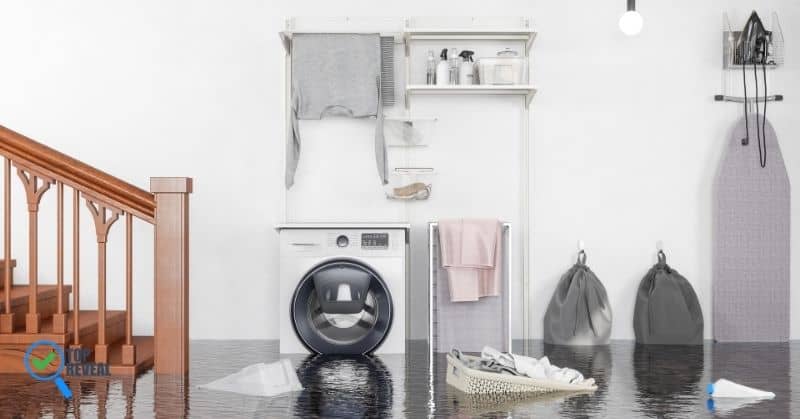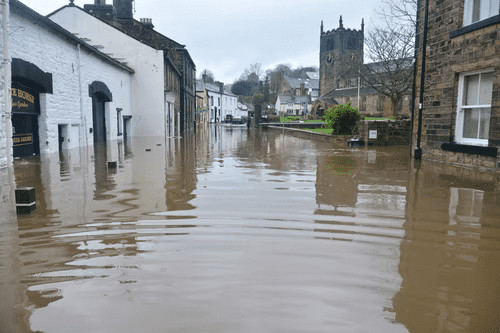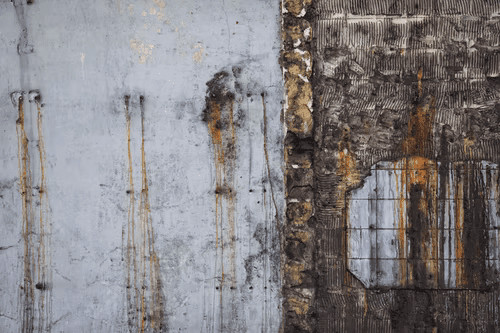Water is the main cause of home damage as it comes from multiple sources like heavy rains, ruptured pipes, and sewage problems. As soon as water leaks into your house, it spreads through the absorbent material, increasing the amount of structural damage. Since the basement is at the bottom of the house and is surrounded by the natural moisture of the ground, it is more prone to flooding. If one day you decide to grab something from downstairs to notice that your basement is flooded, then check out the probable reasons and how to prevent it from ever happening again.

The Clay Bowl Effect
Contents
If your house was recently built, you are more likely to suffer from the “clay bowl” effect. In spite of what the name suggests, you won’t find yourself residing in a bowl-shaped hole. However, the “clay bowl” effect has to do with the state of the soil beneath your house after the foundation has been excavated and backfilled.
Excavating the foundation, as well as backfilling this space, is a necessary task. If you try to replace the soil that was first removed, the gaps in the land will be larger than before construction started. As a result, your basement and foundation will become more vulnerable to flooding because the soil underneath your home is still porous. What’s worse is that if you don’t have downspouts and working gutters at hand, snowmelt or rainwater can flow directly into the foundation of your house, destroying its structural support. Since you won’t be able to change your home construction basics, it is best to try to minimize the damage, either by external waterproofing or an exterior drain system.
Broken or Busted Pipes
The chances that the leak you are struggling with is from within your home is high. For example, basement pipes are much more vulnerable to damage than they appear. When these pipes are exposed to high humidity levels, they can crack or even break, especially during the colder months.

However, damaged pipes tend to expose themselves. If you notice a drop in the water pressure throughout your house, there may be a leak somewhere in the plumbing. Experts in your area can try to identify this leak and replace the faulty part that is causing the problem. In the unfortunate event that you do face basement flooding, contact a flooding damage restoration company immediately to help with water damage, even if the incident took place a few weeks ago. Try to look for hints all-around your house to spot any signs of flooding, such as dripping water, visible mold, discolored surfaces, or an unexplainable high water bill.
Clogged Gutters
Gutters are an important part of your home’s rain management system, as they direct water from the roof to the downpipes and far away from the foundation. Gutters can become clogged with branches, leaves, nuts, and other debris, and it is easy to forget about them because they’re not in plain sight. If your gutters are clogged, they cannot function properly to redirect water away from your house. To make things worse, when it rains, gutters can overflow, creating waterfalls and increasing the risk of flooding. That’s why you have to clean the gutters regularly and consider covering the top to keep them clean and prevent debris and other things from getting inside.
Leaking Staircases
If you have to step outside to go to the basement, the stairs and hatchway can cause unreasonable problems with the overall structure of the room. For example, a mismatched hatch or a previously damaged one can regularly bring rain or snow into the basement. In addition to causing problems to your hatchway, unwanted moisture can damage the stairwells beneath the house. Flooded stairwells not only pose a dangerous safety hazard to you and your family but also reduce your property’s overall value if left unrepaired. Fortunately, if you decide to hire experts to remove unwanted water from your basement, they can also help prevent water from flowing back into the basement later on.
Leaking Walls

As the weather changes, the walls can also experience unexpected damage. For example, hydrostatic pressure can cause walls to crack. The drywall may peel off the wall and bend inward while water resides in the basement. This unexpected humidity can happen during the warmer months of the year and can be more difficult and constant as the temperature drops. At the same time, you may find a thin ice luster on the wall, which is a force that can cause serious damage before and after melting.
If you think that your home can handle any type of weather, you may be surprised after a long day at work when you step into your basement to find an unusually large amount of water. Basement flooding is a serious problem that has to be dealt with promptly. It is extremely advised to know the causes and fixes of this problem, should it occur to you one day.